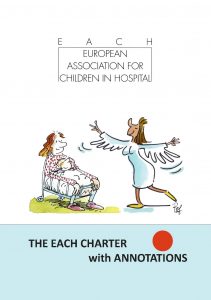
Child poverty in Scotland remains unacceptably high, according to a newly published report by the Joseph Rowntree Foundation. Nearly one in four children are growing up in poverty, with over half living in households where someone is disabled. The report highlights worsening conditions for families due to insecure work, inadequate social security, and rising housing costs.
Minority ethnic families, single-parent households, and large families are disproportionately affected, with many children caught in overlapping priority groups that compound disadvantage. The report warns that without urgent, targeted investment and policy reform, Scotland will miss its 2030 child poverty reduction targets by a wide margin.
The Foundation calls for increased support for priority families, better access to childcare, fairer work opportunities, and a more responsive social security system. It also urges both the Scottish and UK Governments to work together to improve benefit uptake and data quality, and to address systemic barriers that prevent families from escaping poverty.
Helen Forrest, Chief Executive of Children’s Health Scotland, said:
This report makes it clear that poverty is not just about income—it’s about access, opportunity, and dignity. With nearly a quarter of a million children still experiencing poverty in Scotland we need to do better. If we want to break the cycle, we must invest in the health and wellbeing of children from the earliest stages of life. Every child deserves the chance to thrive, regardless of their background or circumstances.
Children’s Health Scotland delivers trauma-informed, rights-based programmes that promote health and wellbeing for children and young people most at risk. Its work complements financial interventions like the Scottish Child Payment by addressing the wider determinants of health and supporting families through inclusive, child-led services.
